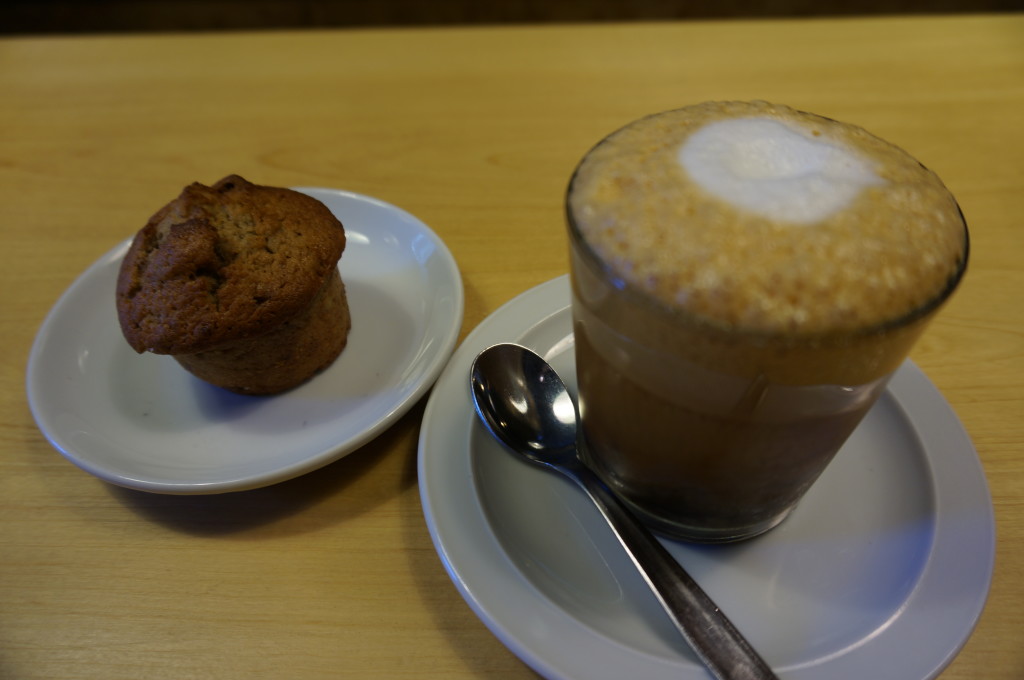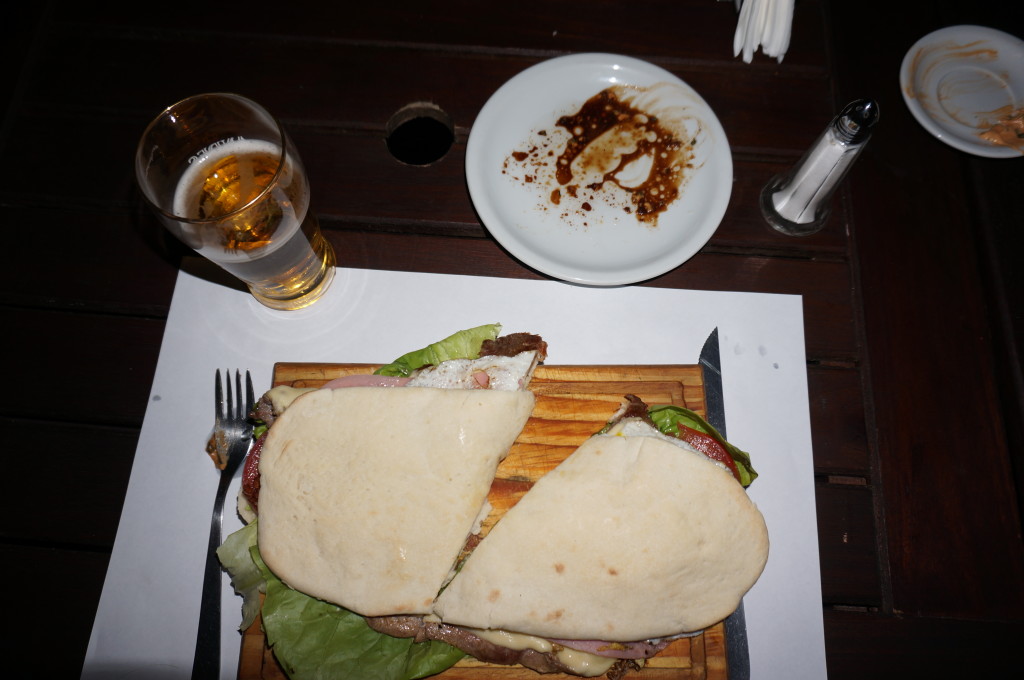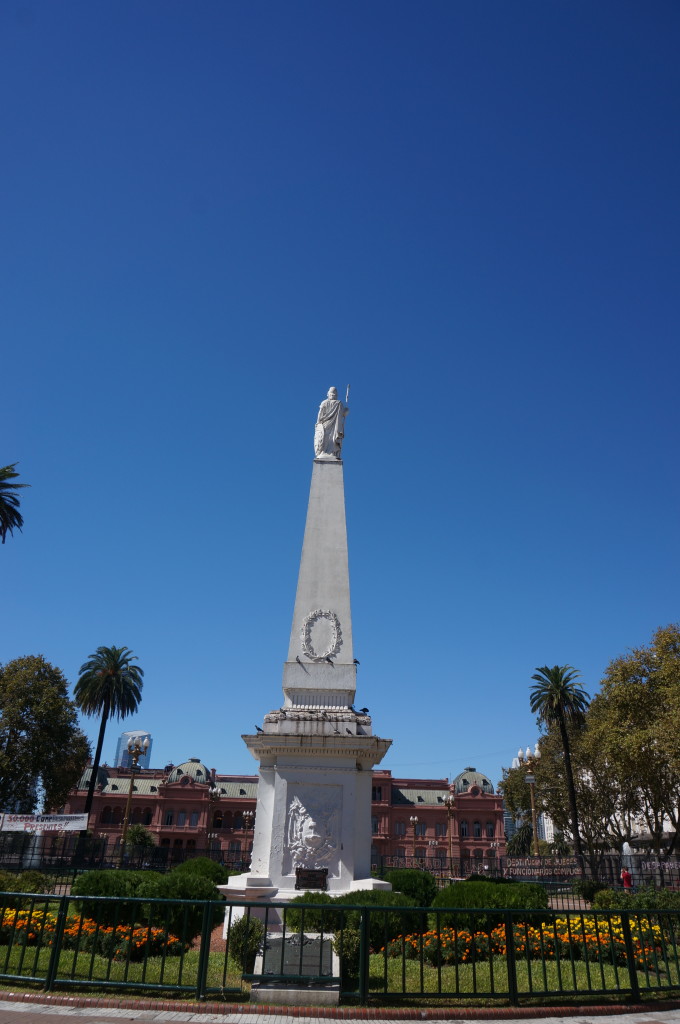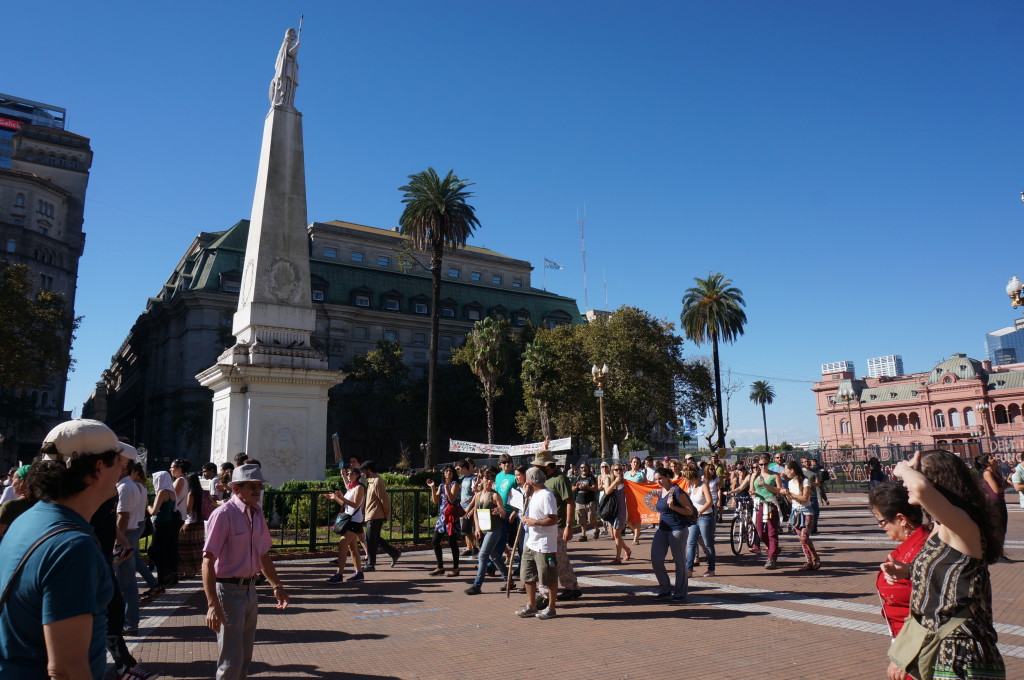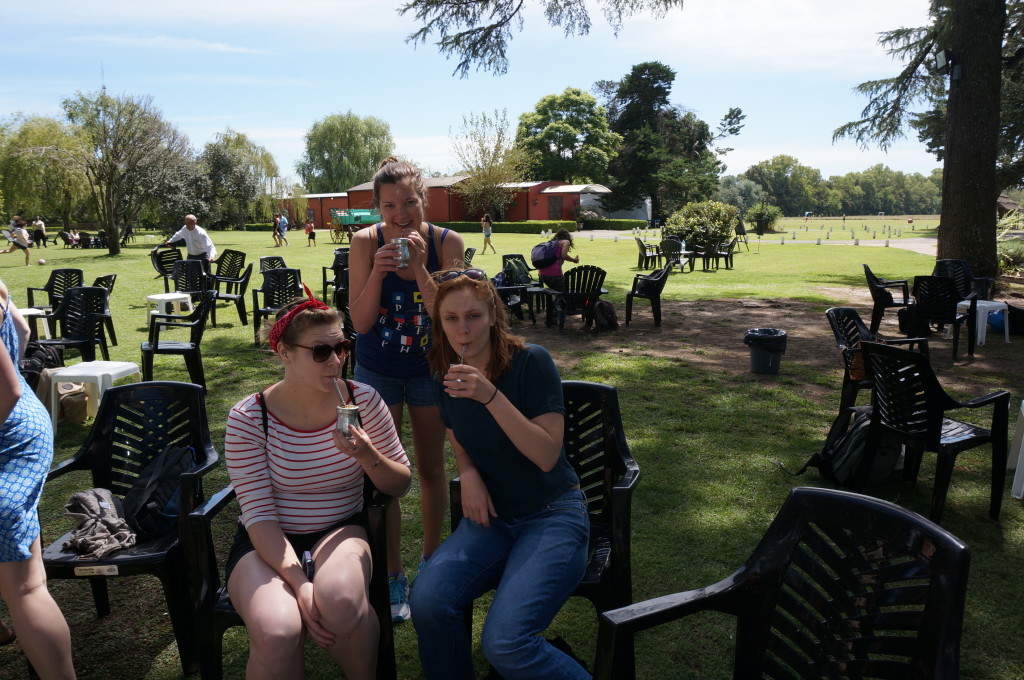Can you believe it is the week before finals? I have a few exams next week, and then I have my final in the local university on July 1. So I am leaving in two weeks on July 2. I have really enjoyed myself in Buenos Aires. I feel like my horizons have truly broadened studying liberal arts, improving my Spanish,making new friends, and living in an entirely different culture. When I arrived here months ago, I encountered a lot of differences in culture to which I have learned to adapt. I can truly say that I have conquered those culture shocks.
Greeting Culture
When I first arrived in Colombia, I went to a party. I entered and when I was introduced to everyone, I offered my hand, then quickly withdrew it as everyone leaned in to kiss my cheek. So when I arrived at my homestay in Argentina, I was prepared and boldly greeted everyone with a kiss on the cheek. When my friends and I go our separate ways, we all kiss each other on the cheek and say “chau”! It now feels unnaturally cold-hearted to greet or thank someone with a handshake.
Food Culture
While walking to class in the morning, I see waiters running through the streets carrying metal trays with coffee. This practice is the Argentine version of “to go”. A Starbucks opened up on the corner of my street, and my host dad complains about how everyone carries “to go” cups from there. He can’t understand how someone could possibly enjoy coffee from a “to go” cup on the run to the office. I used to bring my computer to cafés and I always felt that I was ruining everyone else’s relaxed vibe at the café. So now when I go for my café con leche, I maybe bring a book or my knitting, but more often I just sit, people watch, and enjoy the taste of well made cup of coffee.
Another challenge for me with Argentine food culture was their obsession with meat and misconception of what vegetables actually are. I pretty much have meat every day in this country, although I have been a vegetarian for the past five years. Along with the meat that I eat everyday, there is usually potatoes and bread, maybe a salad once in a while. Potatoes serve as a vegetable here, and I really miss things like steamed broccoli or But I wanted to share dinner with my host family every night and enjoy what is particular to their culture. So I have certainly enjoyed dinners with my host family, but I honestly cannot wait to go back to my plant-based diet when I get back to the US.
Transportation Culture
I have described the colectivo (bus) culture in another blog post earlier in the semester, but there are a few more things I have noticed during the past few months. A few new bus stop signs have been put up. The stop where I catch the bus to go to my university used to be completely unmarked. I learned to look for the particular bus line I want to take while I walk to the general area of the stop so I know exactly where to stand. But now there is a nice, clear sign that displays 111 with the colors of the line where I hop on the green and yellow bus. However, there are still no signs for the 106 or the 140, and none of these bus stop signs include schedules. So I have adapted to being patient finding a bus stop and making sure to have a plan B if I can´t find it or the bus does not show.
Although the bus can be unpredictable sometimes, everyone (unless they are heading to a Boca Juniors soccer game) is polite and respectful. Whenever a mother, child, or elderly person hops on the bus, there is always a person to jump from there seat and graciously offer it to them. I hear a woman thank a man for giving up his seat, and he responds, saying “no, por favor, it is your right.” While waiting at the bus stop, men are also always sure to let women on the bus first.
Political Culture
Another reason for the uncertainty of the bus is Argentina’s political culture. If you decide to visit the Plaza de Mayo, where the offices of President Cristina are, it would be rare to not encounter some kind of political protest. These protests often cause the streets to be barricaded and closed.
When my mom visited me, there were hundreds of people protesting for the right of self-cultivation of marijuana. The police barricaded the streets and stood by while the people set up their posters and light up their joints. Other days when I go to the plaza, there are people fighting for protection of the environment. A few weeks ago, there was an enormous protest against domestic violence. Almost every Argentine I know went. Protests where people, whether young or old, fill up the street and yell obscenities to their opposition are quite common in Argentina and a huge part of their political process.
Unions, and their strikes, also have a huge role in Argentine politics. They will also participate in protests in political areas of the city when they strike. Since my arrival in Buenos Aires, I have experienced two general strikes. This may not sound like a big deal, but during these strikes, all forms of public transportation were stopped. In the last strike, transportation was stopped across the country: there were no trains, no subways, no buses functioning in all of Argentina. Not one plane flew into the Ezeiza International Airport, nor the domestic airport. These general strikes are normally not so common, but it is an election year. So the stakes are higher and everyone is trying to publicize their stance.
Economic Culture
Many of the strikes while I have been here have been about raises in salary. The last strike also was fighting for a raise, but focused more on the problem of inflation. They see this as the root of the economic problems of workers because the pesos they receive are worth less and less.
In the grocery store or in the mall, they offer to everyone to pay installments. I buy ham, cheese, and bread for sandwiches and the cashier asks me if I only want one installment on my credit card. Some clothing stores advertise offers of 12 installments over an entire year. Because of the economic uncertainty, Argentines are more likely to spend their money right in the moment because of inflation.
During the four months I have been here, I have seen everything go up in price by about ten percent. The scone at the tea house, the cost of doing my laundry at the laundromat, a salami sandwich at Al Sandwich: all up ten percent.
Since the default of 2001, Argentina has experienced significant inflation, and my peers in my university class have grown up with it. They ask me how much a dollar is worth in two years, and I don’t know the answer.
Adapting
These culture experiences are very different from my daily life in the United States. At times, confronting these differences proved difficult, especially trying to navigate them by communicating in my second language. Even more so, learning to be more laidback with uncertainty and unpredictability was hard with my type A personality. But over the past few months, I have learned the importance of a warm greeting, having a second plan, adapting to changes of plans, and enjoying a single moment without distraction or multitasking.


